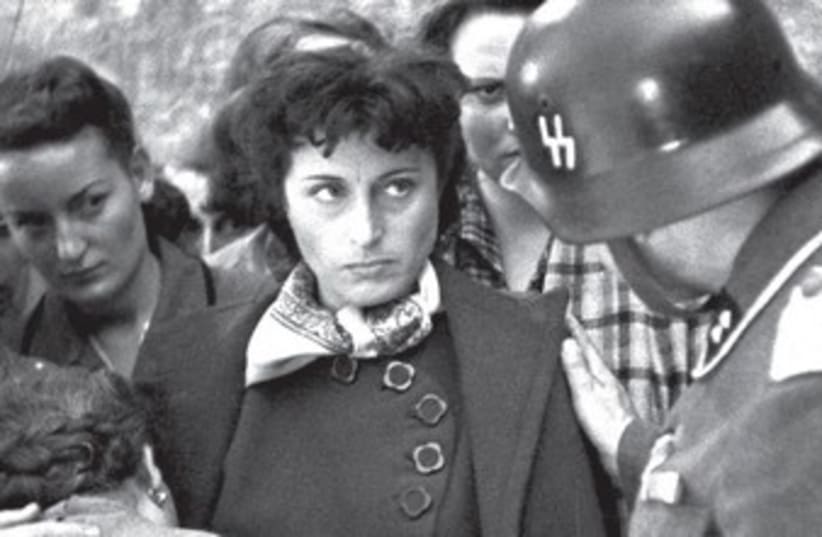With its second edition, the “Another Look” festival becomes the annual rendezvous for cinephile Israelis. The project aims to save cinematic masterpieces from physical disappearance and public oblivion.Through the collaboration of 13 EU embassies and a number of cultural institutions in Israel, the festival will again feature a unique selection of old European movies, restored for the occasion.Together, the selection operates like a collage of perspectives and sensitivities. It strives to present a compelling image of European heritage and identity.
Olivier Tournaud, audiovisual attaché to the French Embassy in Tel Aviv, insisted that the festival wanted to convey “European unity through a multifaceted vision of a common history and culture.”“Even though the movies refer to past situations in Europe, they also shed light on present-day tensions in Europe,” says “Another Look” program director Tal Arditty.“The movies are even relevant to Israel,” she adds, “because they reflect the changes and transformations Europe has gone through. War and oppression, extremist regimes, cultural stereotypes, etc.”The films have been selected according to two antagonistic themes that offer different responses to critical situations.“Facing the Real” presents movies that confront the harsh reality of war, poverty or isolation in a direct and uncompromising manner. Directors, from Orson Welles to Ken Loach, have often dedicated their movies to tackling social, political and historical crises.Rome Open City by Roberto Rosselini is one of them. Filmed in war-torn Rome in 1945, in the last weeks of Nazi occupation, the movie was created with almost no budget. Real people instead of actors, authentic devastated settings in lieu of sophisticated studios; Rosselini not only created a symbolic movie but also launched a new aesthetic movement, called “Neorealism.”The second theme, on the other hand, called “Flights of Fancy,” offers radically different responses to those issues. Sometimes deemed “escapist” by film critics, these movies avoid direct confrontation, but transform those concerns through the prism of dream-like fantasies, anxiety- fraught horror schemes or boisterous comedies.Through such a lense, horror movies can take social fears to another level, and act as a welcome catharsis for the public.In Robert Wiene’s 1924 masterpiece, The Hands of Orlac, a famous pianist gets new hands after having lost his in a terrible accident. He soon realizes that his new limbs belonged to an executed murderer and starts believing that the criminal might take control of his body and mind through the transplanted hands. The Hands of Orlac, while beautifully exploiting the aesthetic of German Expressionism, provides a segue from the vivid trauma of World War One’s mangled bodies and the lurking fascist ideas that will prevail later in the decade.Tournaud explained to The Jerusalem Post that the festival was “the first European cultural initiative in Israel, which gathers the work of European national cinematheques, archives fund, and Israeli organizations.”The initiative was launched by the French Embassy and French Institute in Israel and has brought together a wide array of European and Israeli partners.The number of cultural institutes and foundations involved in this project is impressive and showcases a great example of European cooperation. On the Israeli side, institutions such as the Israel Film Archive, the Steven Spielberg Jewish Film Archive and Yad Vashem Visual Center will participate in the festival.The “Another Look” festival will take place at the cinematheques of Tel Aviv, Haifa and Jerusalem from today through January 31. On January 16, a day-long symposium on the importance and challenges of audiovisual restoration and preservation will gather Israeli and European experts at the Tel Aviv cinematheque.Take ‘Another Look’: Israeli-European film festival digs through the forgotten wonders of European cinema
With its second edition, the “Another Look” festival becomes the annual rendezvous for cinephile Israelis.
